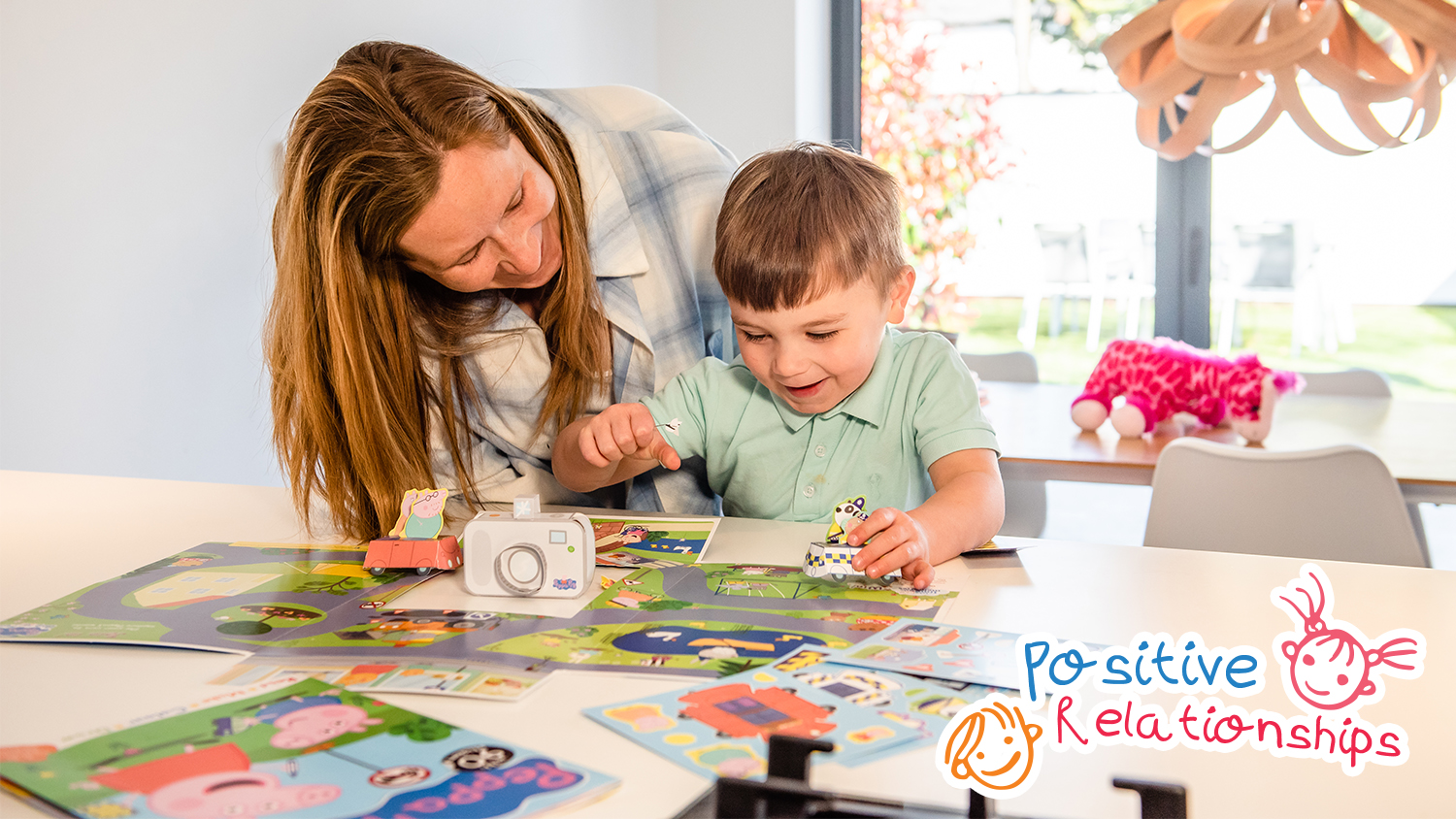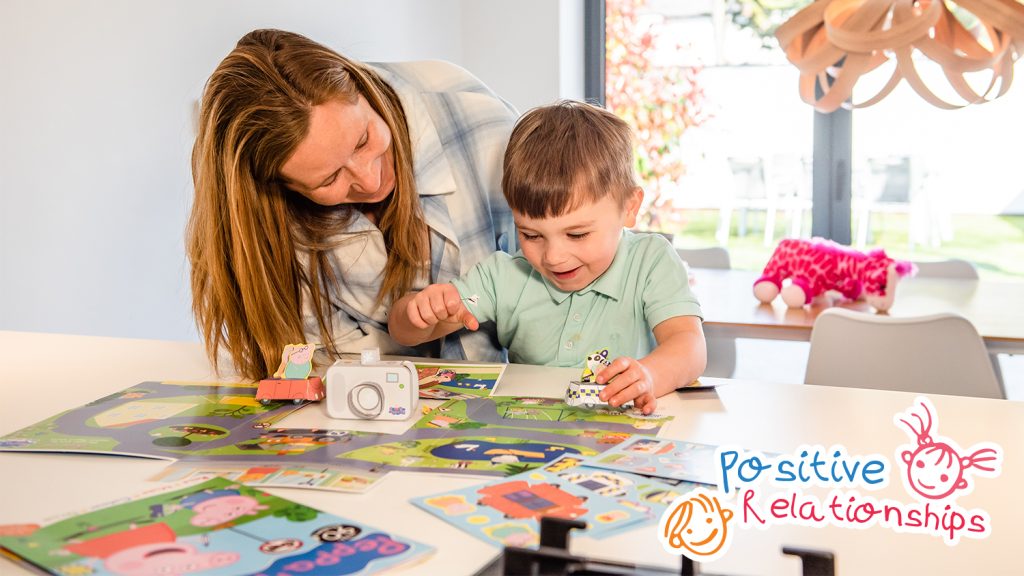
The Beautiful Early Years!
Key Area No.6 – Part 3: Personal, Social and Emotional Development
Positive Relationships
Imagine being dropped on a new planet. Everything is new, new places, new people, new experiences. Being a small child is not unlike this. What stops it from being an overwhelming and frightening experience? Having someone we trust who can stand by our side.
We provide the safety and security which enables children to navigate a new world and new experiences. This turns an unpredictable world into an adventure full of excitement and discovery. This is vital for children’s emotional, cognitive and physical growth.
All positive relationships in our children’s lives give them the solid foundation on which they stand to grow…
Home is Where the Heart is…
In Early Years education home is referred to as the HLE, the Home Learning Environment. The home is considered the most powerful place where children learn and grow. Here is the place where we can really create a sense of what a positive relationship looks like.
As a full-time working mother, I realise that such ideas of the importance of home can fill us with anxiety and make us feel inadequate. Here are some simple pointers to support us to build healthy relationships and a healthy environment within hectic daily life…
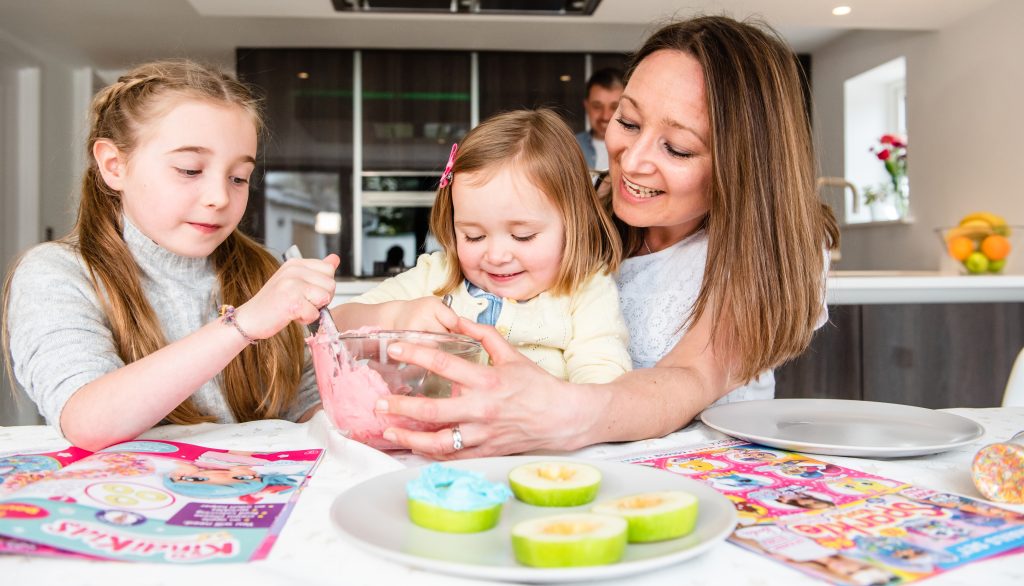
- Do ‘stuff’ together. Small people love experiencing the world and what we might perceive as a chore is a joyful game to them! Whether it be cleaning, cooking or even home-working, finding a way to include our children is a simple but powerful win.
- Minimum special time. Setting a goal of a minimum of 30 minutes special 1:1 time each day provides a wonderful space to really grow your relationship and help you to understand your child. Sometimes more and sometimes (real life) less. But whether it be playing, doing some art or playing at the park, 30 minutes of undivided attention is relationship gold.
- Beginning and ending right. Every morning in our house is, and always has been, chaos. However, no matter how internally stressed I feel I try really hard to start right. That’s a hug, a joke or some help but the morning starts with a positive interaction.
Also, whatever the day brings, ending right is so important too. When my children were younger this was a bedtime story and now they are older it’s a cuddle and a chat. - Non-verbal contact. Early on I taught my children that my hands can show them I care, even if my attention may appear to be elsewhere. My daughter learnt that my hand on her shoulder meant, ‘I see you.’ My hand squeezed three times, ‘I love you.’ These are things I still use now when busy life/conversations may appear to be in the way.
Growing Trust With Others
Part of helping children to grow in the world is ensuring they can navigate it when you are not around. This can be a real challenge both for us and our children but is essential for them in their journey towards being more independent.
- Trust. Children sense everything. If you don’t trust others it’s unlikely they will either. So therefore, it’s important that we develop positive relationships with those people who are looking after our children. When a child wasn’t settling in my reception class it was vital that I worked on developing a positive relationship with the parents as much as the child. Be confident in talking about your child, explaining their needs and routines, you know your child best.
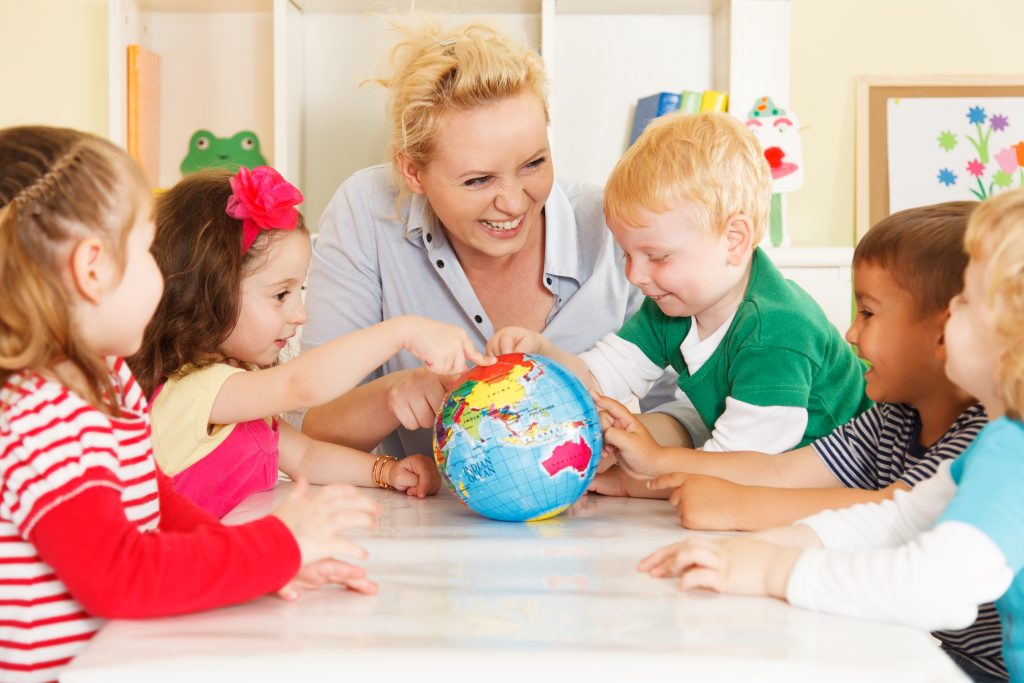
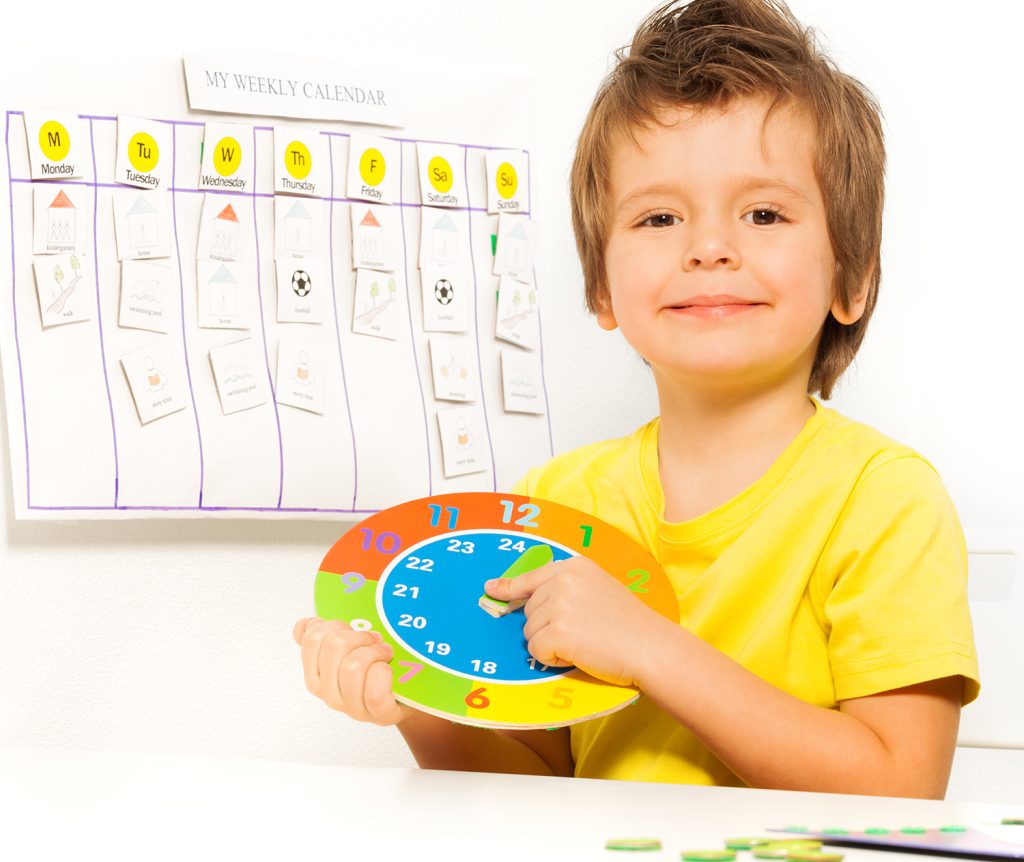
- Routine. Children find safety in routines. Whilst these shouldn’t be too rigid, if we want them to be adaptable, we need to understand the importance of preparing them for new experiences and new people.
Wherever possible, getting to know new people together and anticipating/ explaining change in routines are really helpful for positive relationship building. Simple ideas like drawing a picture of a day/week, including pictures of new people can be massively reassuring for children throughout change.
Making Friends
Without doubt my greatest anxiety as a parent is supporting them to navigate their social life. The best advice I can give on this is to view every challenging experience that you witness as valuable learning for their onward journey. Navigating humans is complex and complicated!
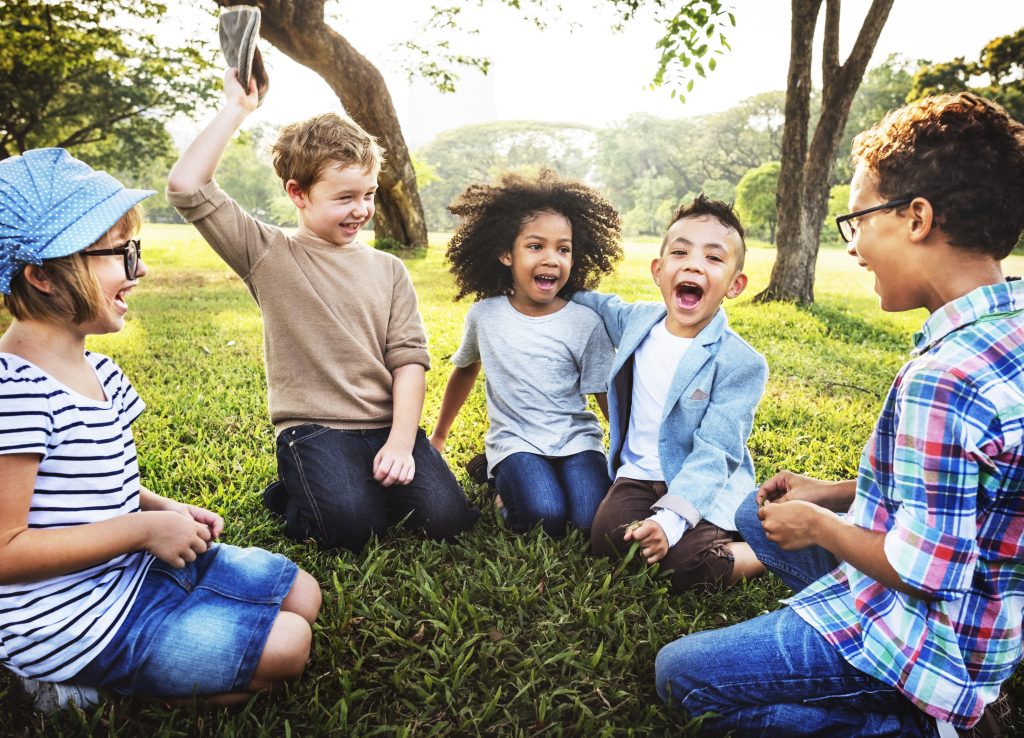
- Places With Children! In the Early Years it’s good to ensure they are in environments where they can meet other children. This might be in nursery, preschool, toddler group or the park. There are many places where small people are in abundance.
- From Me to Us… When children are younger they play alongside each other and as they get closer to school age they start being more interested in playing with their friends. Whilst this is their desire, in reality they might still really struggle with sharing toys and taking turns. This is completely normal and with gentle support they will begin to change this to consider others as well as themselves.
- Home Learning. We can help our children to form these positive friendships by gently modelling at home. For example, any opportunity for turn-taking, helping, sharing, being patient, being fair, all help your child to experience behaviours which build positive relationships with their peers.
Whatever the day brings, the most powerful anchor we have are those people who look after us. How wonderful that it is not just us that give our children this but other grown ups and their friends too. What a precious thing relationships are…
‘It takes a village to raise a child.’
Rachel x
This Blog series looks at the 7 key areas of learning in the Early Years Foundation Stage and links activities featured in our Fun To Learn magazine range that will help support this development.
Images: © Redan | © Shutterstock

